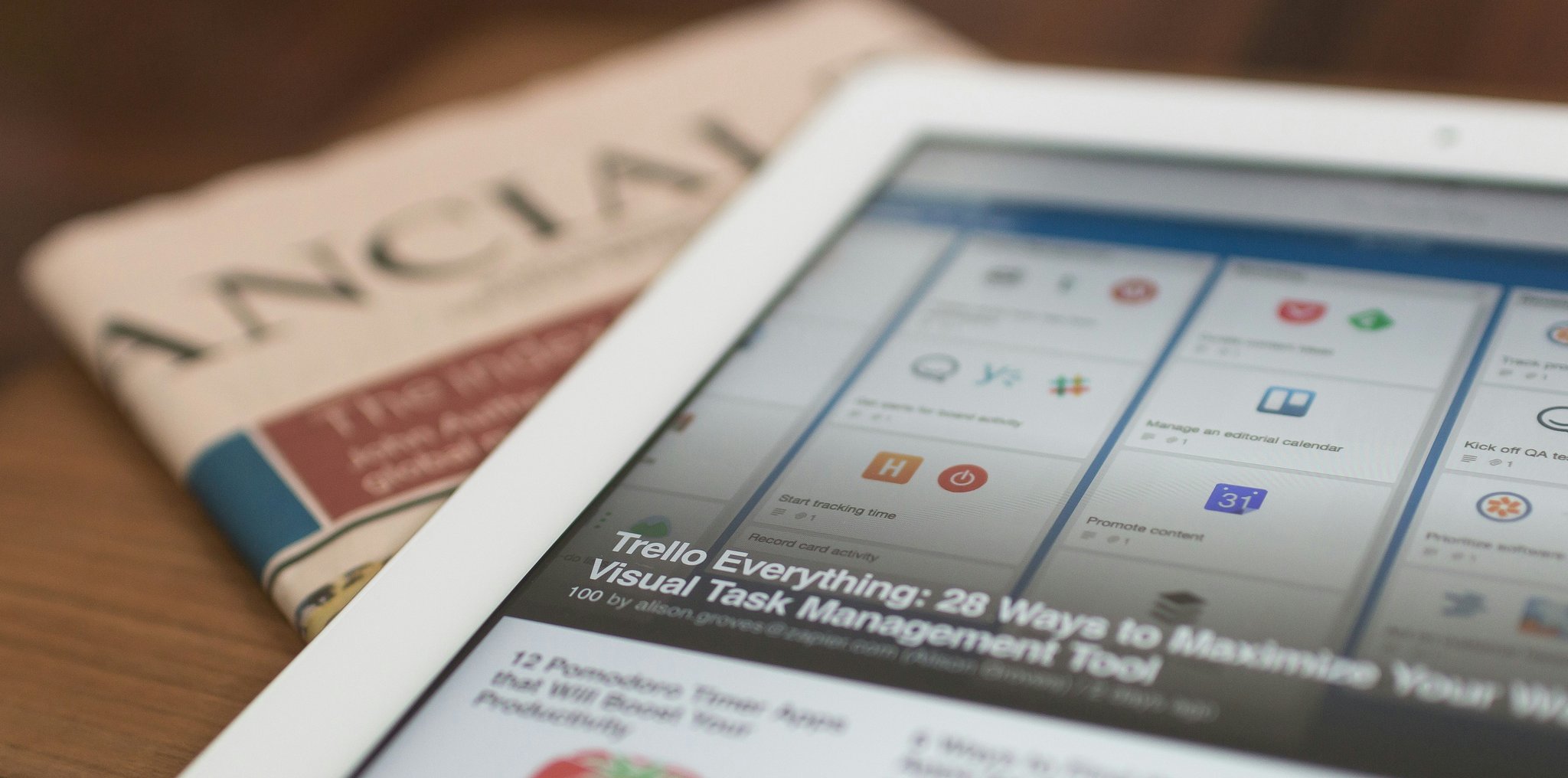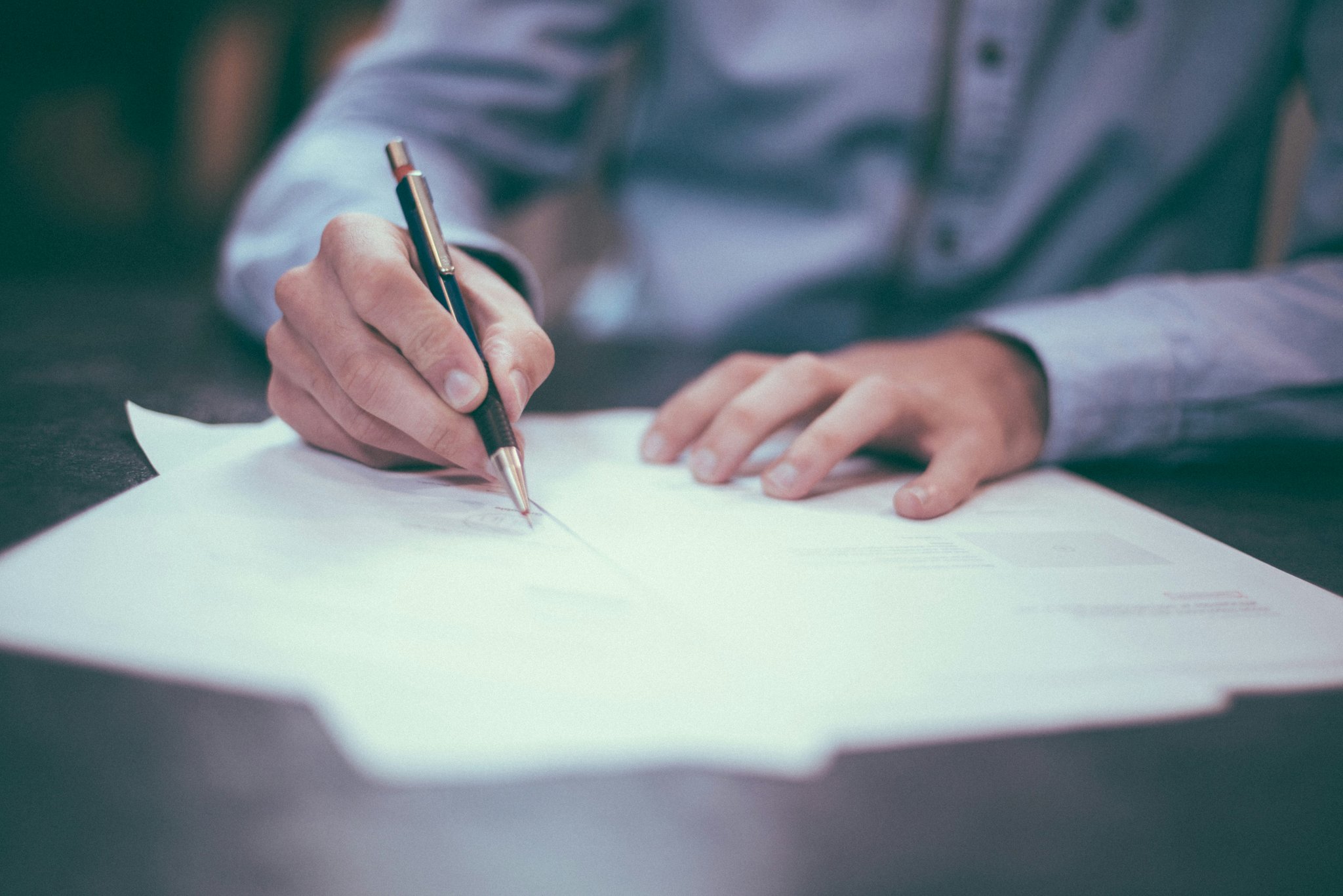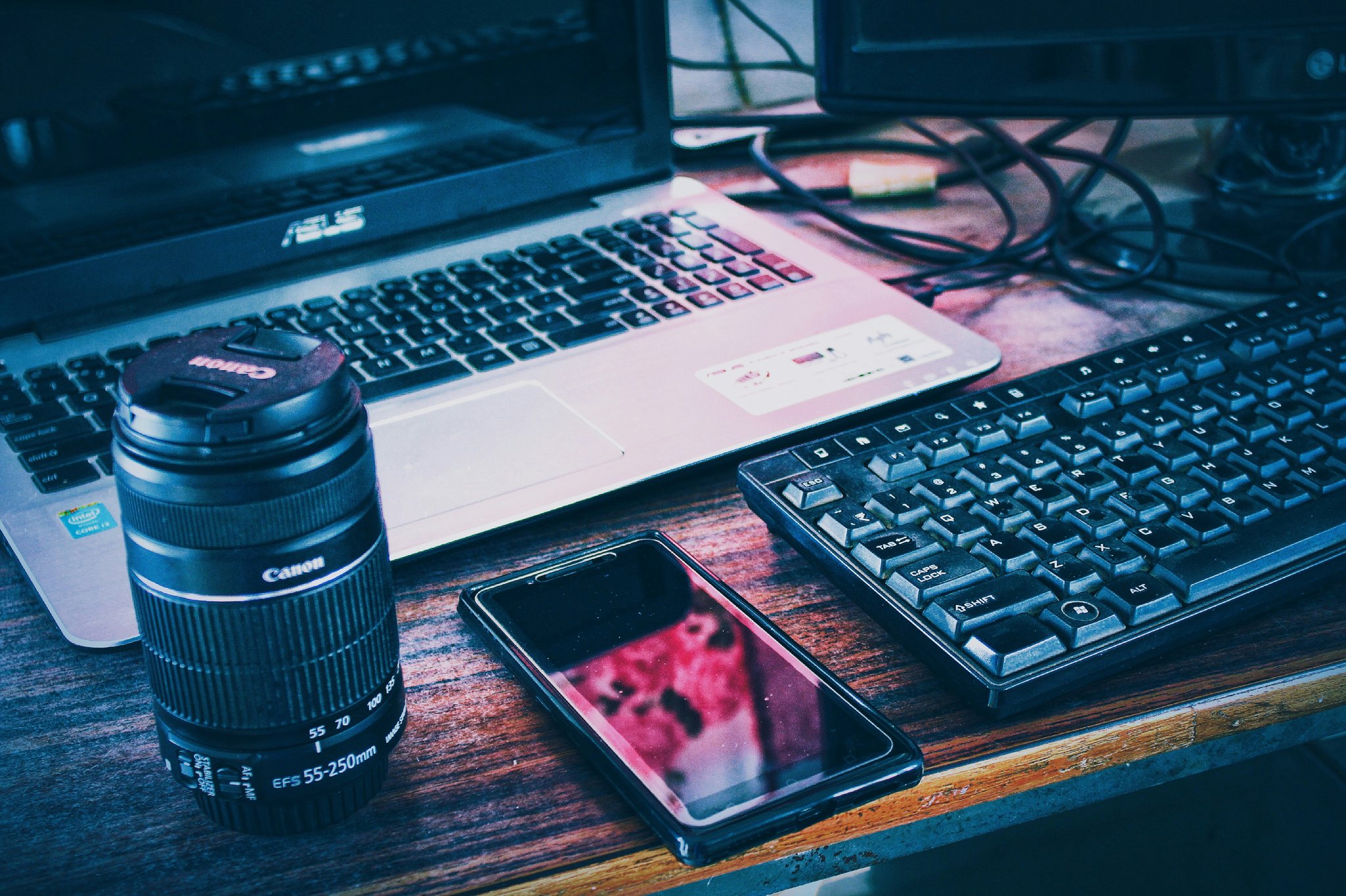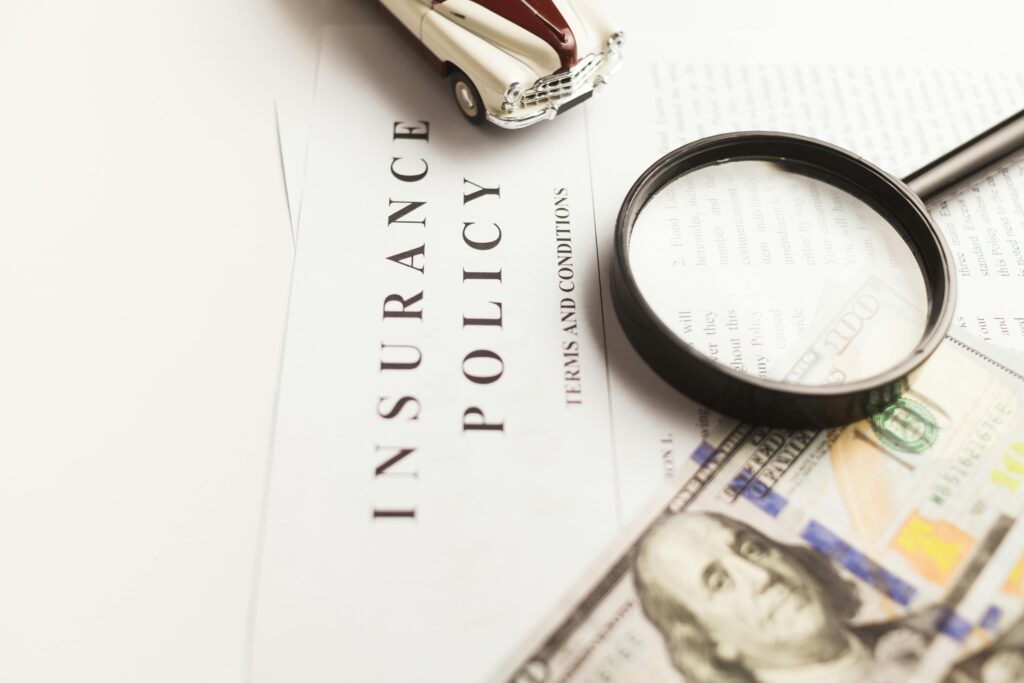Ever spent an entire day editing a video, only to have it pulled offline because of copyright issues? Or worse—imagine losing access to your social media accounts due to flagged content. Yeah, us too.
If you’re navigating the wild world of media creation, safeguarding your content isn’t just nice-to-have; it’s mission-critical. Today’s post dives deep into mastering your media content safeguard, with step-by-step advice, insider tips, and a few brutally honest rants along the way. Let’s protect those precious pixels!
You’ll learn:
- The real reasons why creators lose their hard work without proper safeguards.
- A foolproof plan to shield your media from platform bans.
- Proven tools and strategies that actually save time (and sanity).
Table of Contents
- Key Takeaways
- Why Unprotected Media Is a Time Bomb Waiting to Explode
- Your 7-Step Media Content Safeguard Plan
- Best Practices for a Secure Media Library
- Real-Life Examples That Prove It Works
- FAQs About Media Content Safeguards
Key Takeaways
- Understand Risks: Copyright strikes, takedowns, and account suspensions can derail your creative career.
- Build a Process: Use the 7-step framework to future-proof your media library.
- Incorporate Tools: Platforms like YouTube Content ID and CMS systems help automate protection.
- Stay Compliant: Keep up with platform policies to avoid penalties.
Why Unprotected Media Is a Time Bomb Waiting to Explode

“I once uploaded a video montage set to my favorite song—and bam, three days later, I got hit with not one but TWO copyright claims,” recalls Alex, a full-time YouTuber. Sound familiar?
Unprotected media doesn’t just vanish—it costs money, damages reputations, and wastes countless hours fixing messes. Algorithm changes mean platforms are cracking down harder than ever on unlicensed or infringing material. Without a solid media content safeguard, even small oversight can snowball into disaster.
“Optimist You:” ‘All these algorithms want is good-quality content.’ *Chef’s kiss!*
“Grumpy You:” ‘Sure…if by “good-quality” they mean non-infringing. Hate this.’
Your 7-Step Media Content Safeguard Plan
Ready to turn things around? Here’s how to build an ironclad safety net for all your creations.
Step 1: Audit Existing Content
Take stock of everything you’ve already published. Check copyrights, licenses, and usage permissions. Spoiler alert: This will hurt—but trust me, it’s worth it.
Step 2: Diversify Your Sources
Switch to royalty-free music libraries like Epidemic Sound or Artlist instead of mainstream tracks. For visuals, stick to resources like Pexels or Shutterstock where licensing is crystal clear.
Step 3: Tag Smartly
Use relevant hashtags, metadata, and captions to signal originality while avoiding spammy tags. Think SEO meets compliance.
Step 4: Leverage Platform Tools
Platforms often come equipped with built-in safeguards (hello, YouTube Content ID!). Take advantage of them early and often.
Step 5: Educate Yourself on Policies
Policies change daily. Set aside time each month to review updated guidelines from Instagram, TikTok, etc.
Step 6: Backup Everything
Store copies of raw files on external drives or cloud storage. In case something goes south, at least you won’t lose the original assets.
Step 7: Invest in Insurance
Seriously. Look into media insurance options tailored for creators and businesses. This might feel overkill now—but when disaster strikes, you’ll thank yourself.
Best Practices for a Secure Media Library

A secure library is your first line of defense. Follow these practices:
- Organize Files Systematically: Date folders + project subfolders = genius.
- Use Version Control: Label edits as v1, v2, Final (seriously).
- Secure Access: Only grant permissions to trusted collaborators.
- Maintain Compliance: Regularly update licenses and paperwork.
Real-Life Examples That Prove It Works

TikToker Jamie (@jamieCreates) shares her comeback story after being demonetized twice: “After switching to licensed music, investing in software, and organizing my workflow better, views skyrocketed by 180%!” Moral of the story? Protection pays off.
FAQs About Media Content Safeguards
What happens if my content gets flagged?
Depends on severity—copyright strikes may lead to temporary removals or permanent bans. Always respond promptly through appeal channels provided by platforms.
Do I need multiple insurances?
Not necessarily. Start with comprehensive coverage before layering on niche-specific policies like errors & omissions.
How do I know which licensing option suits me?
Evaluate whether you’re creating personal projects versus commercial use cases. Royalty-free licenses typically suffice for beginners.
Conclusion
Your media content safeguard strategy shouldn’t be an afterthought—it should be front and center in every phase of production. From auditing old uploads to smart tagging practices, there’s plenty you can do today to prevent tomorrow’s headaches.
So grab that coffee (because ugh), bookmark this guide, and start locking down your library. Oh, and remember…
Code runs clean, Pixels stay safe. Like Tamagotchis—we nurture what we love.


